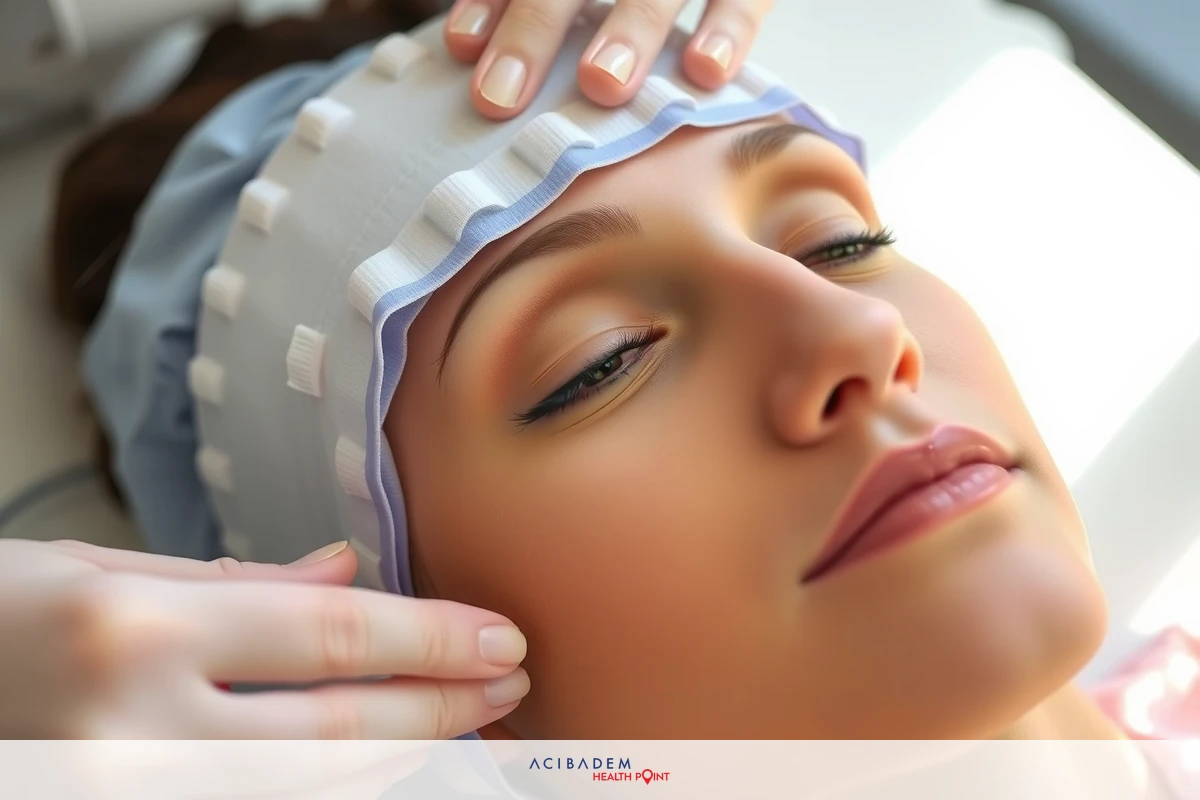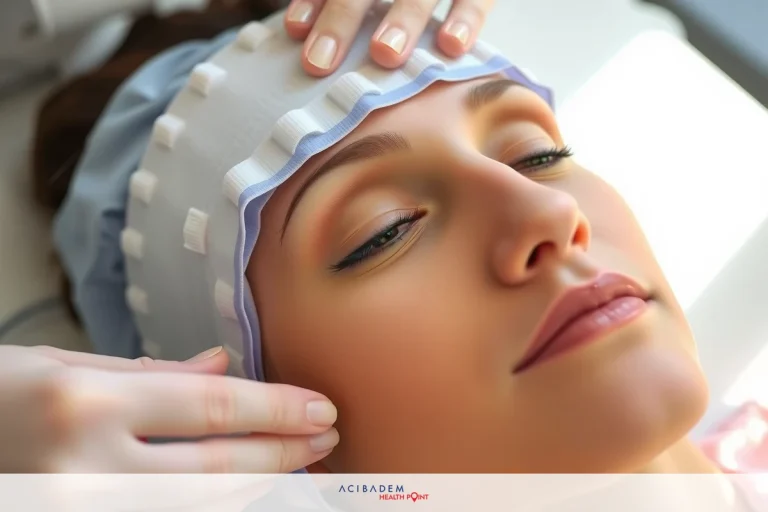How Soon Can I Shower After Rhinoplasty
How Soon Can I Shower After Rhinoplasty After a rhinoplasty operation, the recovery process involves certain precautions and steps to ensure optimal healing. One common question that arises is regarding when it is safe to shower post-surgery. This article provides information and guidelines related to showering after a rhinoplasty operation.
The timing of your first shower after rhinoplasty can influence the healing process. It’s crucial to follow the advice of healthcare professionals to avoid complications. We aim to answer your questions and ease any concerns you may have about this aspect of the post-operative recovery period.
Showering Guidelines
One of the main aspects that patients need to keep in mind after rhinoplasty is the showering guidelines. Proper care during showering can significantly contribute to a smooth recovery process. The primary guideline is to avoid getting your nose wet for the first week after surgery. Keeping the surgical site dry is crucial as it helps prevent infection and aids in the healing process.
During this period, you might have to resort to sponge baths or partial showers where you carefully wash your body below the neck, avoiding the face and hair. It may seem inconvenient but remember that these precautions are temporary and essential for your speedy recovery from rhinoplasty surgery. Using a detachable showerhead can be helpful in controlling the water flow and preventing it from reaching the surgical area.
After a week or when your doctor gives you the go-ahead, you can start taking regular showers. However, it’s important to remember that your nose and surrounding area will still be sensitive. The water pressure should be gentle and lukewarm rather than hot, as extreme temperatures could affect your healing process. Also, refrain from blowing your nose while showering as it can cause swelling and bleeding.
Regarding facial cleanliness during this period, using a damp cloth to softly wipe your face can be an effective method. Avoid scrubbing around your nose; instead, clean this area with caution. If you have a cast on your nose post-rhinoplasty, ensure it is kept dry at all times.
These guidelines may vary slightly based on individual conditions and specific surgical techniques used during rhinoplasty. Always adhere strictly to your surgeon’s instructions regarding showering and overall post-operative care to ensure optimal recovery. Being mindful about these guidelines during your recovery phase will help you return to your normal routine sooner and enjoy the results of your rhinoplasty surgery.
Timing for Showering
Understanding the appropriate timing for showering after rhinoplasty is essential to ensure a successful recovery process. The moment you can return to regular showering depends on a few factors including the complexity of your surgery, your personal healing speed, and your surgeon’s specific instructions. Typically, however, patients are advised to avoid showering normally for at least the first week following the procedure.
During this initial week, the primary focus is on protecting the surgical site from moisture and potential infection. It’s recommended to take sponge baths or carefully wash your body below the neck without wetting your face and hair. This might require some adjustments to your usual routine, but it’s an important step in ensuring your nose heals properly post-rhinoplasty.
After the first week, or once your doctor has confirmed that it is safe to do so, you can resume showering as normal. However, this doesn’t mean that you should return to your pre-surgery shower habits immediately. The nose and surrounding area will still be sensitive at this stage. Therefore, it’s vital to use gentle water pressure and

lukewarm temperatures when showering. Avoid blowing your nose or scrubbing around the surgical area as these actions can cause inflammation and bleeding.
Remember, everyone’s body recovers at its own pace after surgery. While one patient might be ready to resume regular showers after a week, another might need more time. Always listen to your body and follow your surgeon’s guidelines regarding when to start showering post-rhinoplasty. This adherence to timing and other instructions will greatly contribute to a smooth recovery and successful results from your rhinoplasty surgery.
Tips for Showering Safely
Showering safely after rhinoplasty is crucial to prevent complications and promote a smooth recovery. The process may initially seem challenging, but with the right tips and strategies, it can become manageable. Here are some helpful suggestions to ensure a safe and comfortable showering experience following your rhinoplasty surgery.
- Use a Handheld Showerhead: This allows you to control the direction of the water flow, helping to avoid the surgical area.
- Keep Water Temperature Moderate: Extremely hot or cold water could potentially impact your healing process. Stick to warm or lukewarm water.
- Avoid Direct Water Pressure on Your Face: Direct water pressure can disturb the surgical site. Try to keep your face away from the direct line of water.
- Do Not Blow Your Nose: Blowing your nose while showering could cause swelling or bleeding. It’s best to avoid this entirely until fully recovered.
- Use a Damp Cloth for Facial Cleanliness: A damp cloth can be gently used to clean around your face without disturbing the surgical area.
- Avoid Scrubbing Around Your Nose: Be extra careful when washing your face and avoid scrubbing around the nose.
- Pat Dry Instead of Rubbing: After showering, pat your face dry gently instead of rubbing it, especially around the surgical area.
Remember, these tips are meant to assist you during your recovery period after rhinoplasty. Each person’s recovery journey is unique, so always listen to your body and follow the specific instructions provided by your healthcare provider. With these tips in mind, you can navigate your post-rhinoplasty showering routine safely and confidently.
Frequently Asked Questions
When can I start showering normally after rhinoplasty?
The timing for resuming normal showers after rhinoplasty varies depending on individual healing progress and your surgeon's recommendations. Typically, patients are advised to wait at least one week before returning to regular showering. However, it's important to follow the specific instructions provided by your surgeon to ensure a safe and successful recovery.
Can I wet my face during the first week after rhinoplasty?
It is generally recommended to avoid getting your nose wet during the first week post-rhinoplasty. This helps protect the surgical site from potential infection and allows for proper healing. To maintain facial cleanliness, you can use a damp cloth to gently wipe your face, being cautious around the surgical area.
What should I do if water accidentally gets on my nose during showering?
If water accidentally comes into contact with your nose while showering, try not to panic. Simply pat the area dry with a clean towel or tissue. Avoid rubbing or applying excessive pressure to the nose. If you have any concerns or experience unusual symptoms, contact your surgeon for further guidance.
Is it safe to wash my hair after rhinoplasty?
Washing your hair after rhinoplasty can be done carefully once your surgeon gives you the go-ahead. Be mindful of the water pressure and temperature, ensuring they are gentle and comfortable. Avoid bending over excessively or straining your facial muscles during the process. If you have any concerns specific to your surgery or hair washing routine, consult with your surgeon.
Can I take baths instead of showers during my recovery period?
While sponge baths or partial showers are typically recommended during the first week after rhinoplasty, taking baths may not be the best option. Bathtubs can harbor bacteria that may increase the risk of infection. It's generally preferable to follow your surgeon's advice and take showers once it's safe to do so, ensuring you can maintain proper hygiene and minimize potential complications. Remember, these frequently asked questions provide general guidance, but it's crucial to consult with your surgeon for personalized information and instructions regarding your specific case of rhinoplasty.











